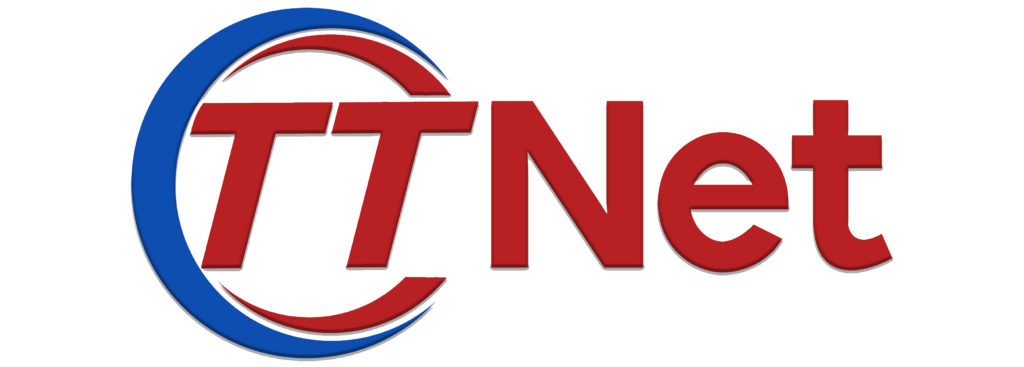
Leveraging ttnet HRM/CRM SaaS Solutions for Seamless Collaboration
Introduction: The Rise of Remote Work in Cameroon
Over the past decade, Cameroon has witnessed a steady shift toward remote and hybrid work models. With its diverse economy, bilingual workforce (French and English), and growing tech infrastructure, the country is uniquely positioned to embrace distributed teams. However, managing remote employees in Cameroon comes with distinct challenges, from navigating cultural nuances to ensuring compliance with local labor laws.
This is where modern Human Resource Management (HRM) and Customer Relationship Management (CRM) tools, such as ttnet’s integrated SaaS platform, play a transformative role. In this article, we’ll explore strategies for optimizing remote team performance in Cameroon and demonstrate how ttnet’s solutions empower businesses to thrive in this evolving landscape.
Section 1: Unique Challenges of Remote Team Management in Cameroon
1.1 Cultural and Linguistic Diversity
Cameroon’s bilingual environment (French and English) and over 200 local languages create communication complexities. Misunderstandings can arise not only from language barriers but also from differences in work styles. For example:
– Hierarchical vs. Collaborative Cultures: Employees from Francophone regions may prefer structured, top-down communication, while Anglophone teams often lean toward informal collaboration.
– Time Zone Management: With teams spread across regions like Douala, Yaoundé, and rural areas, aligning schedules requires precision.
How ttnet Helps:
The platform’s multilingual interface and automated translation tools ensure clarity in cross-cultural communication. Its shared calendar system lets managers visualize availability across time zones, reducing scheduling conflicts.
1.2 Infrastructure Limitations
Despite progress, internet reliability remains uneven outside major cities. Power outages and limited bandwidth can disrupt workflows.
How ttnet Helps:
ttnet’s offline mode allows employees to input data without connectivity, syncing automatically once online. Its low-bandwidth optimization ensures core HRM/CRM functions remain accessible even in areas with unstable internet.
1.3 Compliance and Labor Law Adherence
Cameroon’s labor laws mandate strict guidelines on contracts, leave policies, and social security contributions. Managing compliance for remote teams is daunting without centralized oversight.
How ttnet Helps:
The platform’s AI-driven compliance tracker updates employers on regulatory changes and auto-generates legally compliant contracts. Its payroll module calculates taxes, pensions, and health insurance deductions in line with Cameroonian requirements.
Section 2: Key HRM Strategies for Remote Team Success
2.1 Building Trust Through Transparent Communication
Remote teams thrive on trust. Regular check-ins, clear expectations, and open feedback channels are critical.
Actionable Tips:
– Conduct weekly video meetings via ttnet’s integrated conferencing tool to maintain face-to-face engagement.
– Use the performance dashboard to set measurable KPIs and share progress transparently.
2.2 Fostering Inclusivity and Engagement
Isolation is a common remote work challenge. HR managers must create opportunities for team bonding and professional growth.
ttnet Features to Leverage:
– Virtual Team-Building Activities: Schedule quizzes or coffee breaks using the platform’s event planner.
– Skill Development Portals: Offer curated courses in French and English through ttnet’s LMS (Learning Management System).
2.3 Streamlining Recruitment and Onboarding
Hiring remote talent in Cameroon requires a robust process to assess technical and soft skills.
How ttnet Simplifies This:
– AI-Powered Candidate Screening: Filter applicants based on language proficiency, cultural fit, and role-specific competencies.
– Digital Onboarding Kits: New hires receive automated access to training materials, policy handbooks, and team introductions.
Section 3: ttnet HRM/CRM SaaS: A Tailored Solution for Cameroonian Businesses
3.1 Unified Platform for HR and Customer Management
ttnet’s SaaS service combines HRM and CRM tools into a single ecosystem, ideal for businesses managing both remote employees and client relationships. Key integrations include:
– Employee Self-Service Portals: Staff can update personal details, request leave, or view payslips independently.
– Client Interaction Logs: Sales teams track customer inquiries and follow-ups alongside internal HR tasks.
3.2 Real-Time Analytics for Data-Driven Decisions
The platform’s analytics suite offers insights into:
– Employee productivity trends.
– Customer satisfaction metrics.
– Cost-saving opportunities (e.g., reducing turnover through retention strategies).
3.3 Security and Scalability
ttnet adheres to GDPR and Cameroonian data protection laws, with encrypted storage and role-based access controls. Its modular design allows businesses to scale features as they grow, from startups in Buea to multinationals in Douala.
Conclusion: Embrace the Future of Work with ttnet
Managing remote teams in Cameroon demands a blend of cultural sensitivity, technological innovation, and strategic HR practices. By adopting ttnet’s HRM/CRM SaaS platform, businesses can overcome local challenges while fostering a motivated, productive, and compliant workforce.
Whether you’re a growing SME or an established enterprise, ttnet provides the tools to turn remote work from a logistical hurdle into a competitive advantage. Ready to transform your team management? Explore ttnet’s solutions today and lead the future of work in Cameroon.

